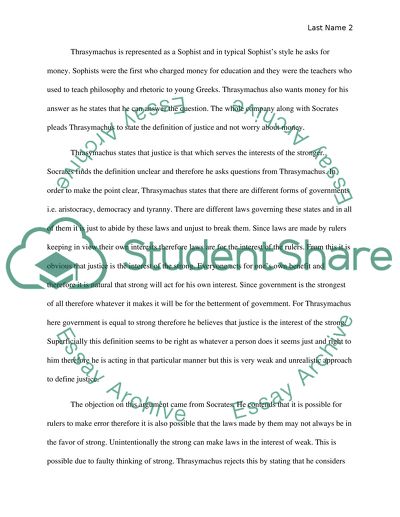Cite this document
(“Tharsymachus View of Justice in The Republic Essay”, n.d.)
Retrieved from https://studentshare.org/environmental-studies/1413991-tharsymachus-view-of-justice-in-the-republic
Retrieved from https://studentshare.org/environmental-studies/1413991-tharsymachus-view-of-justice-in-the-republic
(Tharsymachus View of Justice in The Republic Essay)
https://studentshare.org/environmental-studies/1413991-tharsymachus-view-of-justice-in-the-republic.
https://studentshare.org/environmental-studies/1413991-tharsymachus-view-of-justice-in-the-republic.
“Tharsymachus View of Justice in The Republic Essay”, n.d. https://studentshare.org/environmental-studies/1413991-tharsymachus-view-of-justice-in-the-republic.


